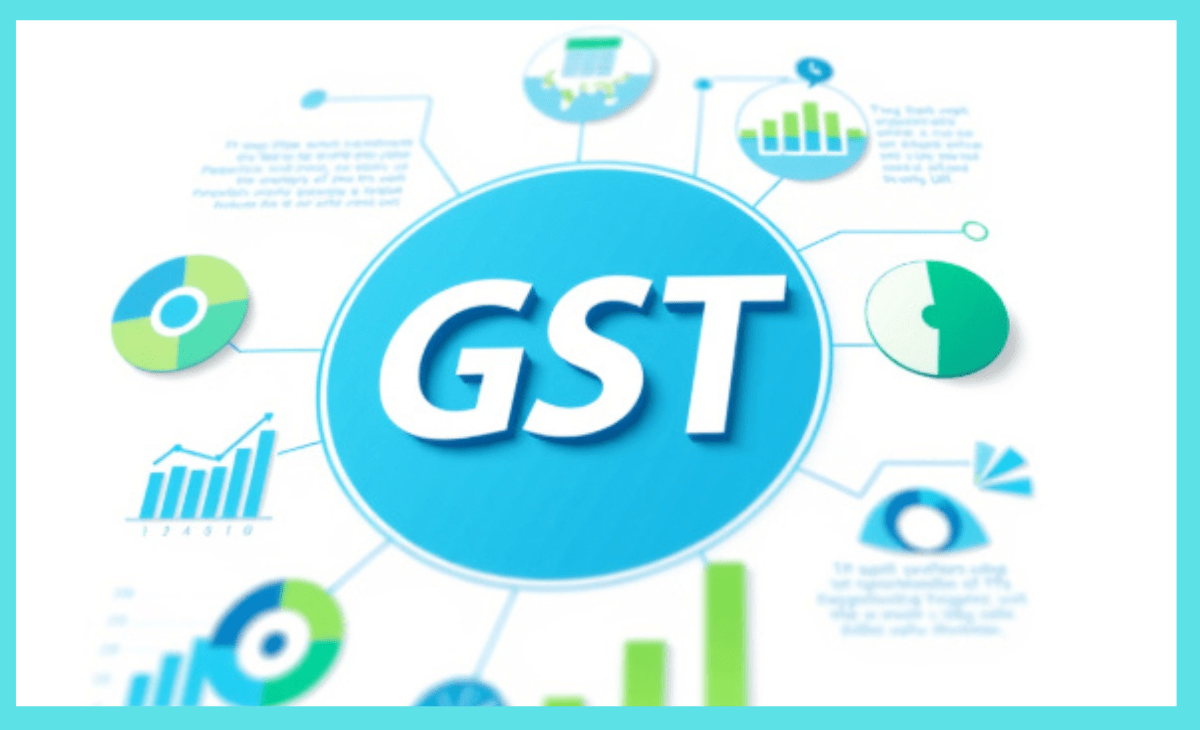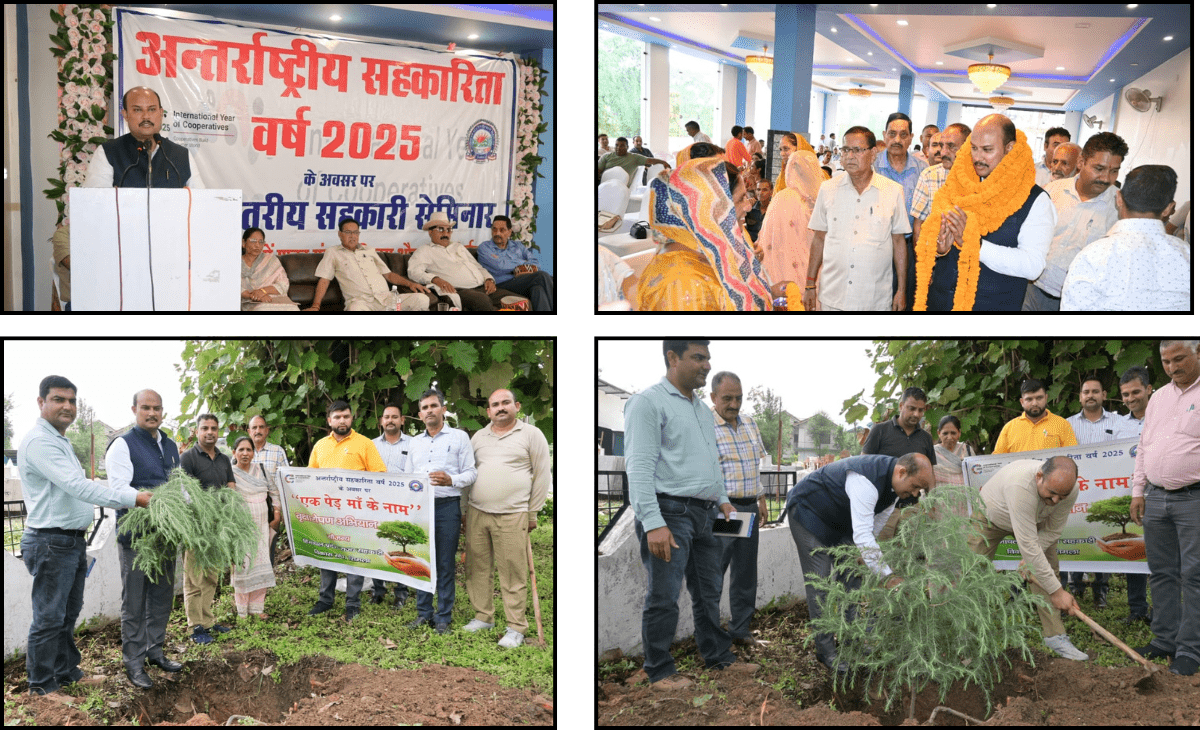Shrey Awasthi
When Prime Minister Narendra Modi launched the Goods and Services Tax (GST), it was more than just tax reforms — it was a bold move toward “one nation, one tax”. The 2025 GST reforms revealed on September 3, 2025, aim to further simplify compliance, promote transparency and build a stronger national economy.
For Himachal Pradesh, a hill state known for its natural beauty but limited industrial base, these reforms bring both opportunities and challenges. From boosting tourism to pressuring small traders, the impact of GST in Himachal must be seen through the lens of growth, equity and sustainability. However, the Sukhvinder Singh Sukhu government claims that it expects a revenue loss of Rs 1,000 crore annually once the new GST regime comes into force on September 22.
Opportunities: How GST benefits Himachal
- Boost to tourism
Tourism is Himachal’s economic lifeline. Lowered GST rates on lodging, food and travel services make destinations like Shimla, Manali and Dharamshala more affordable for middle-class families. This will benefit taxi drivers, guides and youth employed in tourism. - Relief for farmers and households
Essential food items like milk, paneer and traditional breads are GST-exempt. Farmers in Kangra and Mandi supplying local produce are seeing increased demand. At the same time, higher taxes on junk food and cigarettes promote healthier lifestyles. - Empowering local industries and startups
Himachal’s economy relies on apples, tea, ayurveda and handicraft. The new reforms streamline taxes on packaging, transport and e-commerce services. Shimla apple farmers will save on logistics, Kangra tea producers to benefit from clearer tax rules while youth startups in tourism and crafts will face fewer bureaucratic barriers. - End of border taxes and bribes
Earlier, trucks crossing Himachal’s borders were delayed due to multiple taxes and informal payments. Now, digital GST systems reduce corruption and improve delivery timelines, enhancing trust in governance. - Promotion of sustainable lifestyle
GST hike on cigarettes, alcohol and junk food pushes Himachalis toward healthier habits. This aligns with the state’s spiritual and ecological identity, promoting well-being alongside development.
Challenges: Where GST falls short in Himachal
- Loss of Hill-State Incentives
Himachal earlier offered special tax exemptions to attract industries to areas like Baddi and Paonta Sahib. With uniform GST, these incentives have weakened.
• Case in point: Baddi’s pharmaceutical industry, once Asia’s largest, fears losing its competitive edge without state-specific tax holidays. - Burden on Small Traders
In districts like Chamba, Kinnaur and Lahaul-Spiti, many small traders lack digital access or knowledge to file GST returns. Without targeted training, rural shopkeepers may view GST as a burden. - Decline in Excise Revenue
High GST on liquor and tobacco, though socially beneficial, reduces a key revenue source for Himachal. The state must now diversify income through eco-tourism, organic farming, and renewable energy. - Overdependence on Tourism
While GST supports tourism, relying too heavily on one sector is risky in a disaster-prone state. Floods, landslides, and heavy snowfall can suddenly disrupt tourist inflows. A broader strategy promoting horticulture, crafts, and light manufacturing is essential.
Way forward: Himachal’s GST action plan
- Central incentives needed: The Union Government should offer special GST-linked support to eco-friendly industries in pharma, IT, textiles and tourism.
- Digital literacy for traders: The state must run digital training programs so rural shopkeepers can comply with GST norms confidently.
- Diversify revenue sources: Focus on green tourism, solar energy and organic farming to reduce dependence on liquor and tobacco taxes.
- Balance growth and ecology: Encourage tourism, but not at the cost of the environment. Infrastructure must be climate-resilient.
(The writer is the state coordinator of HP Unemployed Youth Federation; views are personal)






